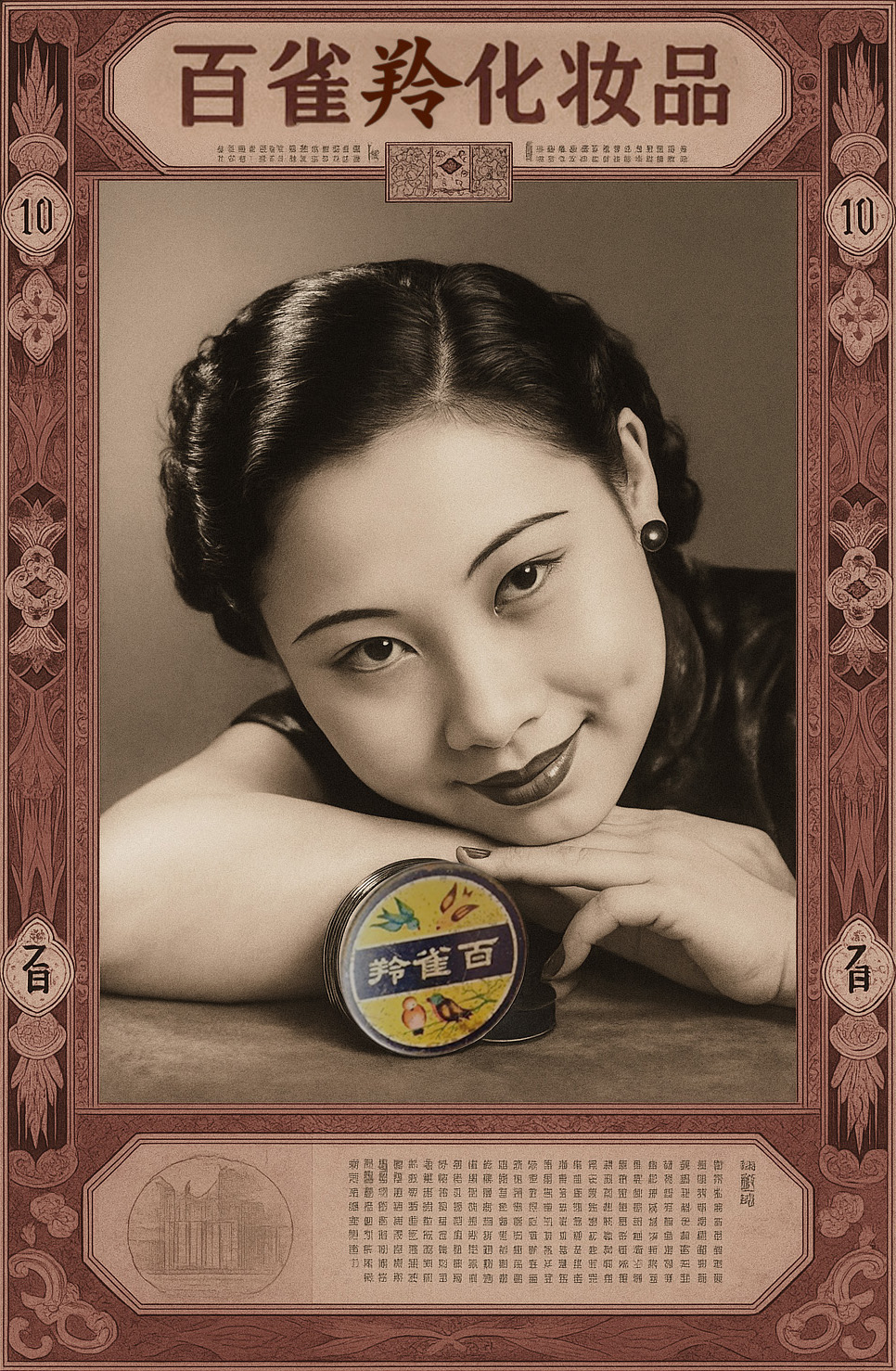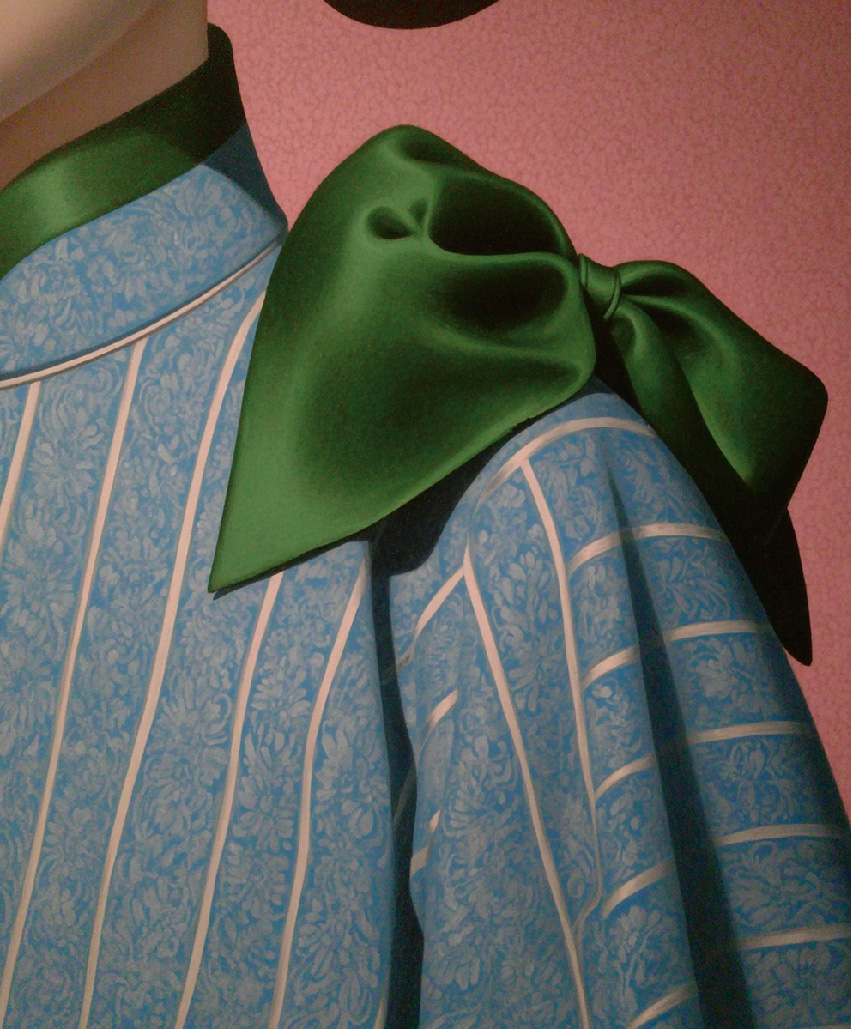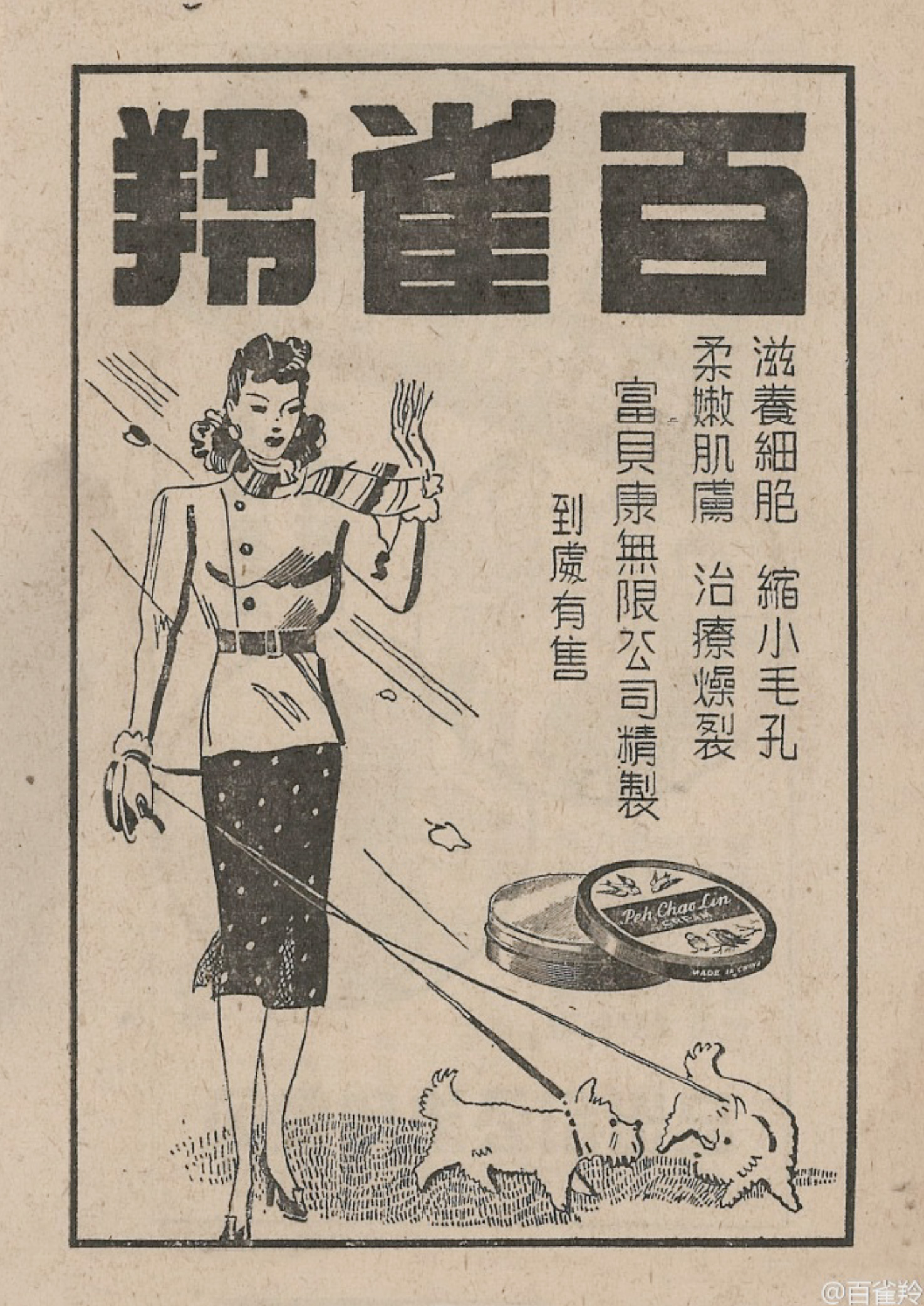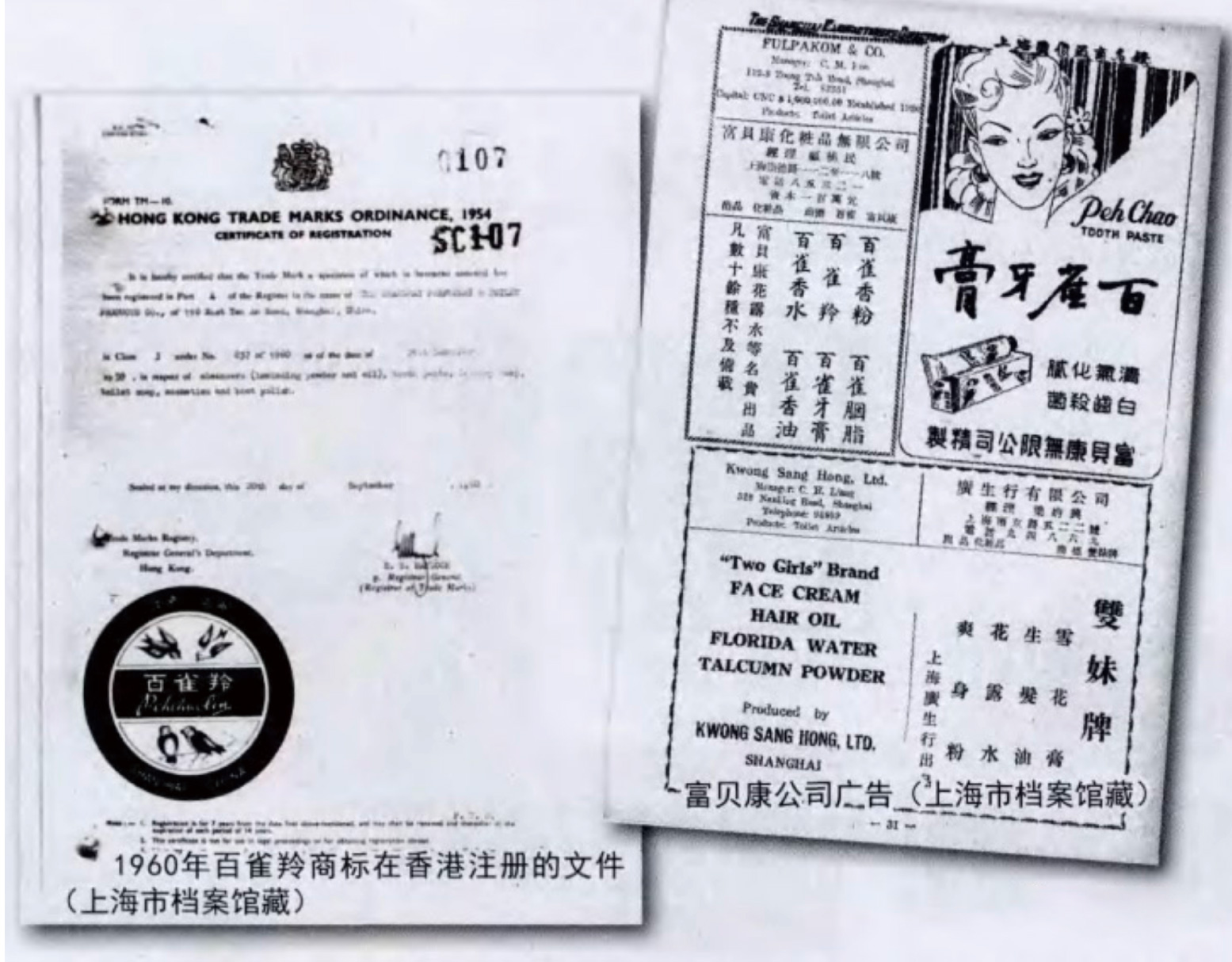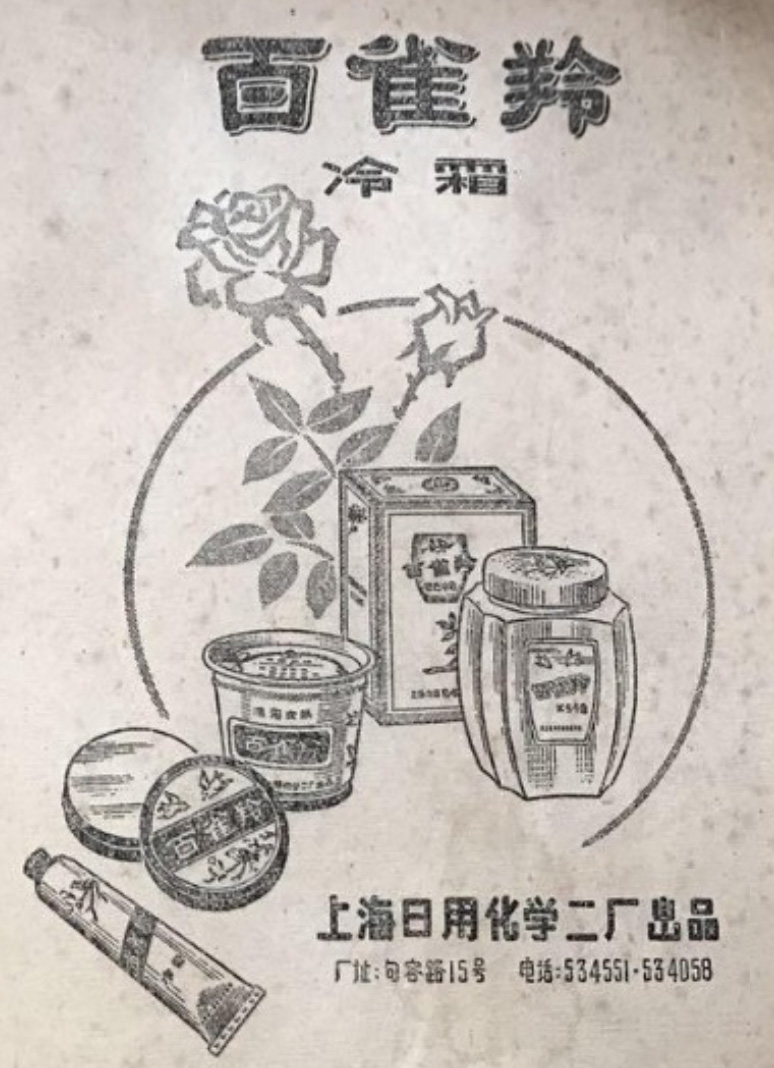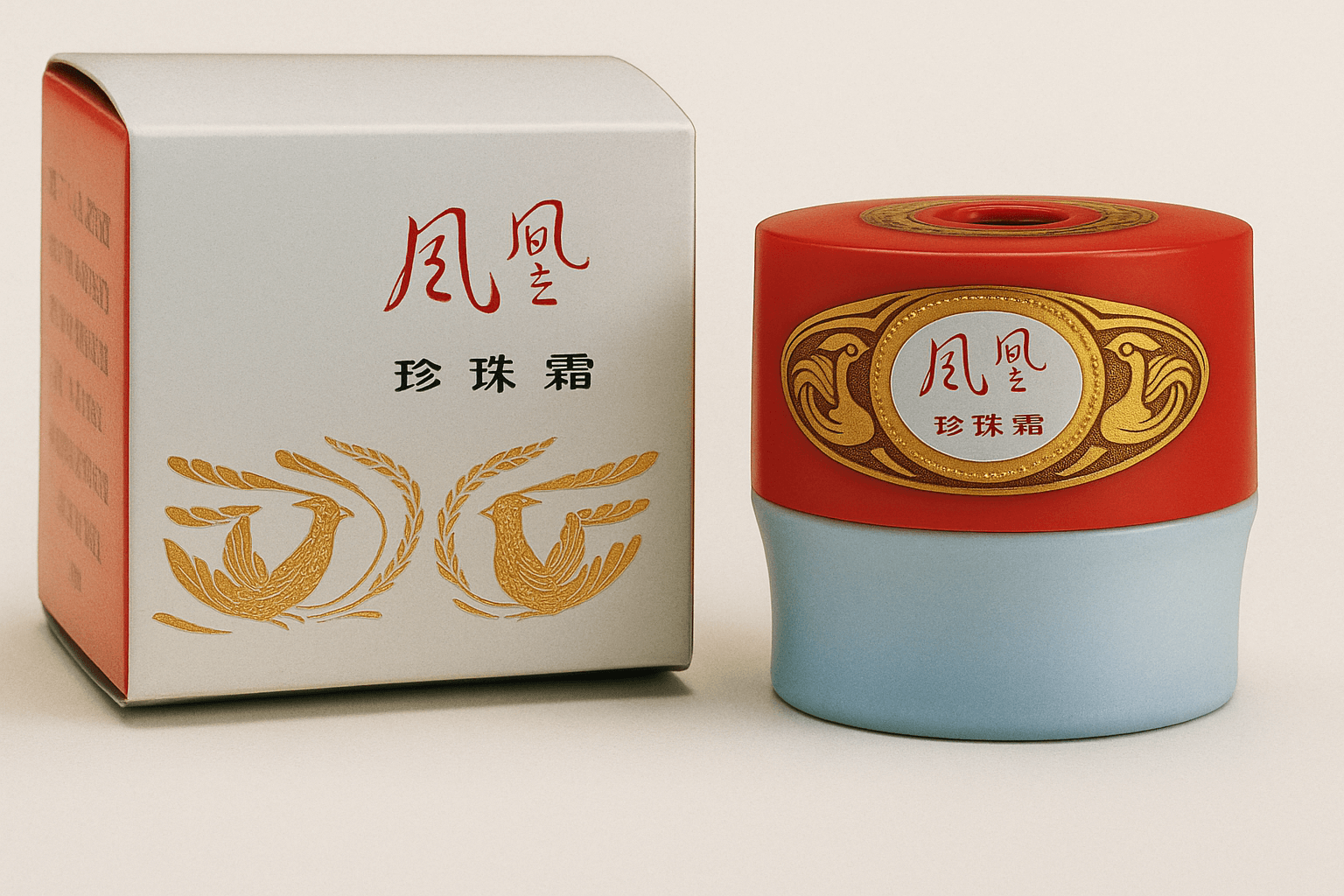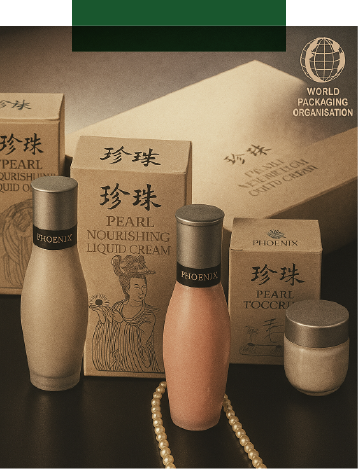1950s
In the late 1950s, as a representative of Chinese-made products,
Pechoin participated in the Leipzig Fair — known as “the mother of all expos,”
with over 800 years of history — and subsequently began exporting successfully to East Germany.
Pechoin participated in the Leipzig Fair — known as “the mother of all expos,”
with over 800 years of history — and subsequently began exporting successfully to East Germany.

